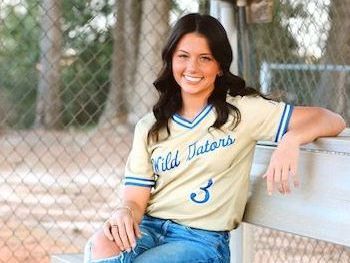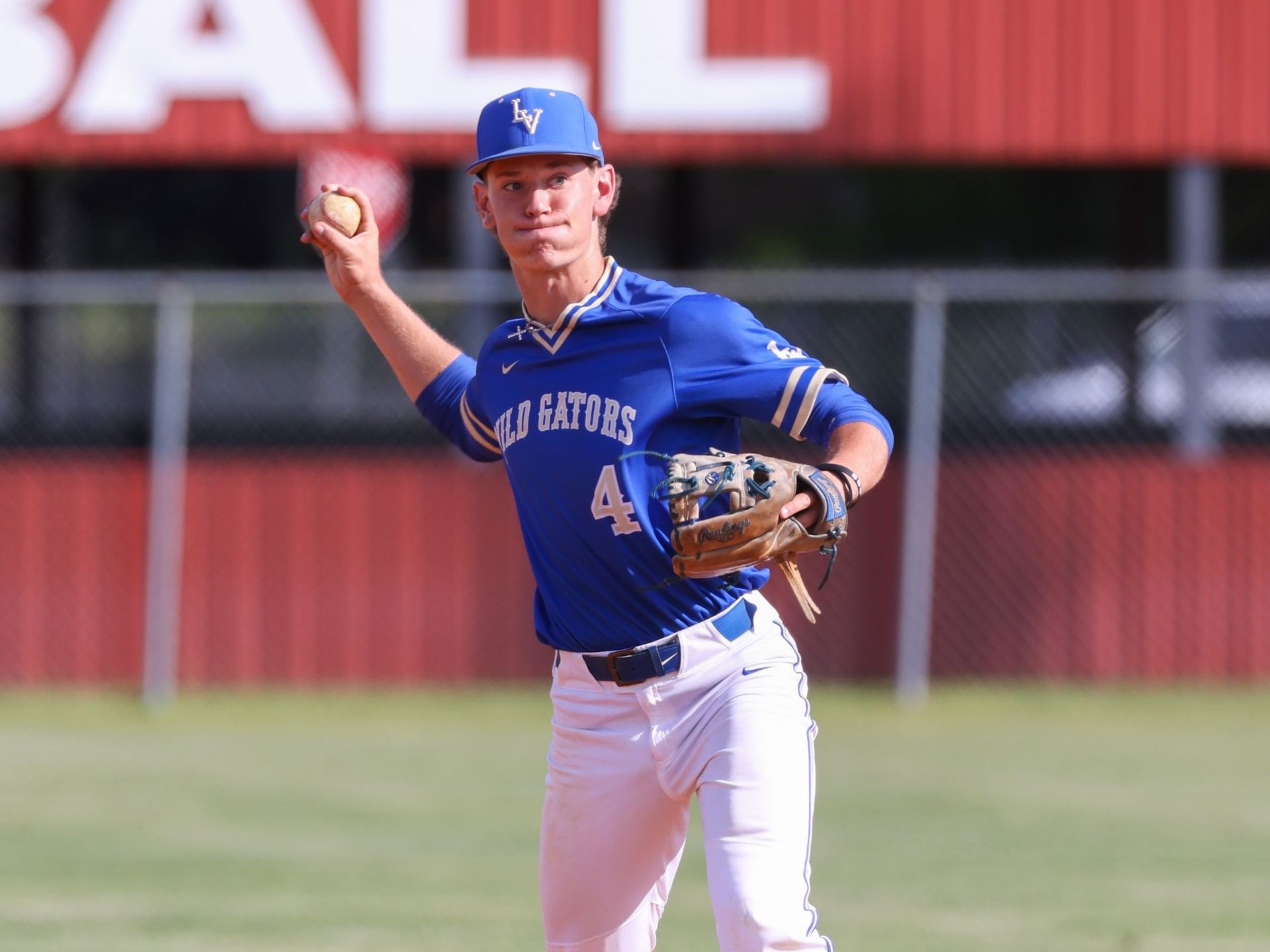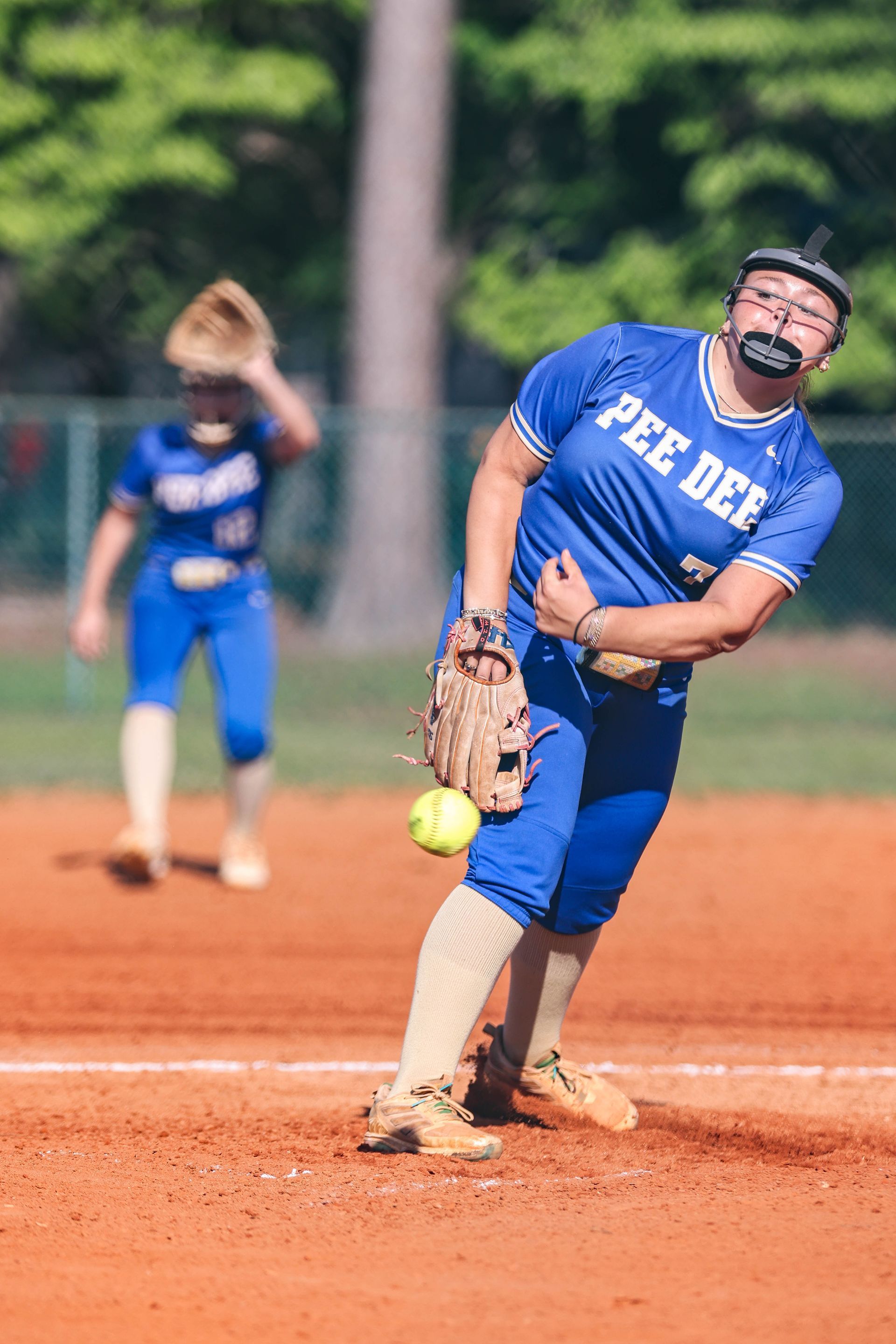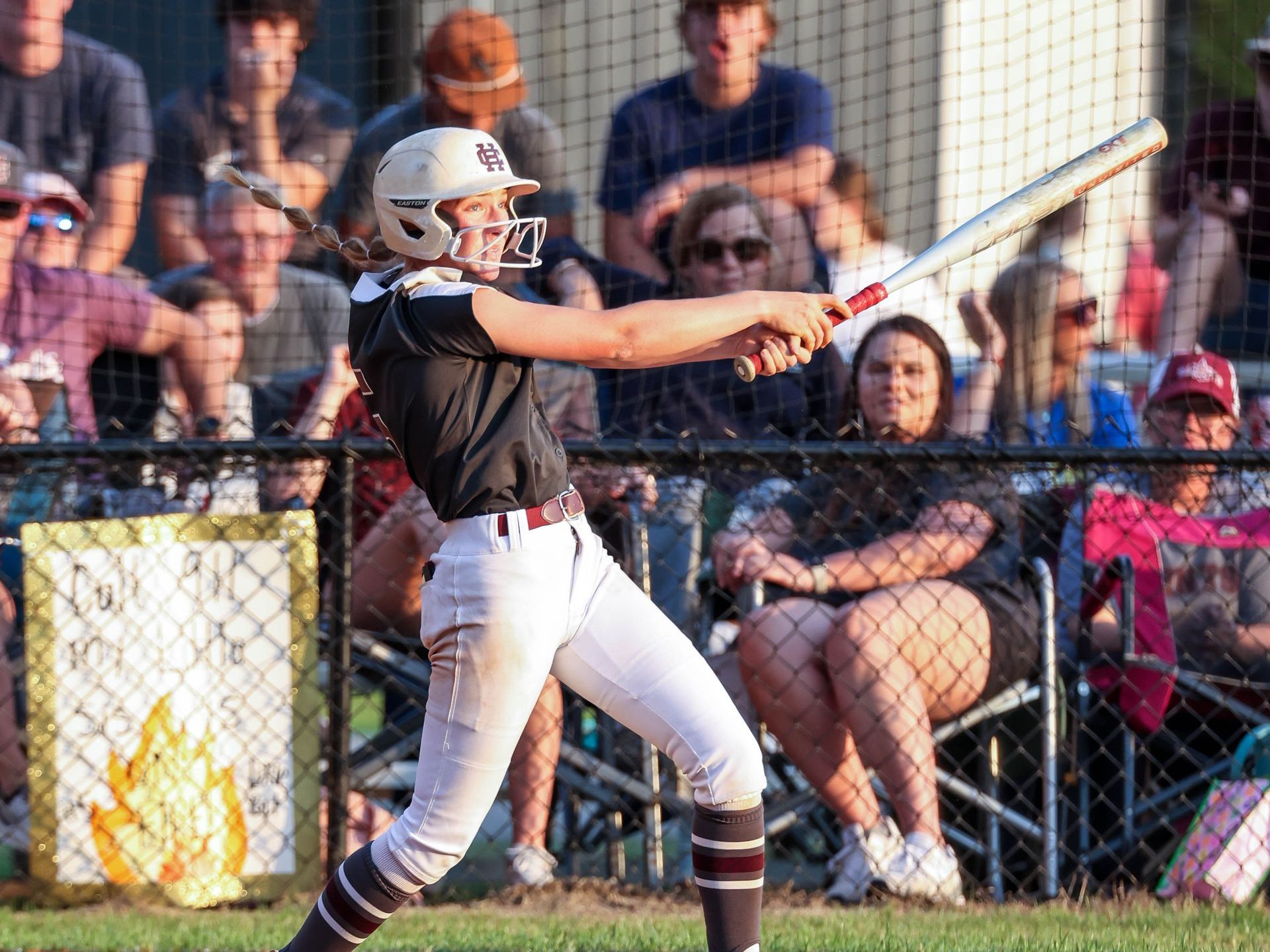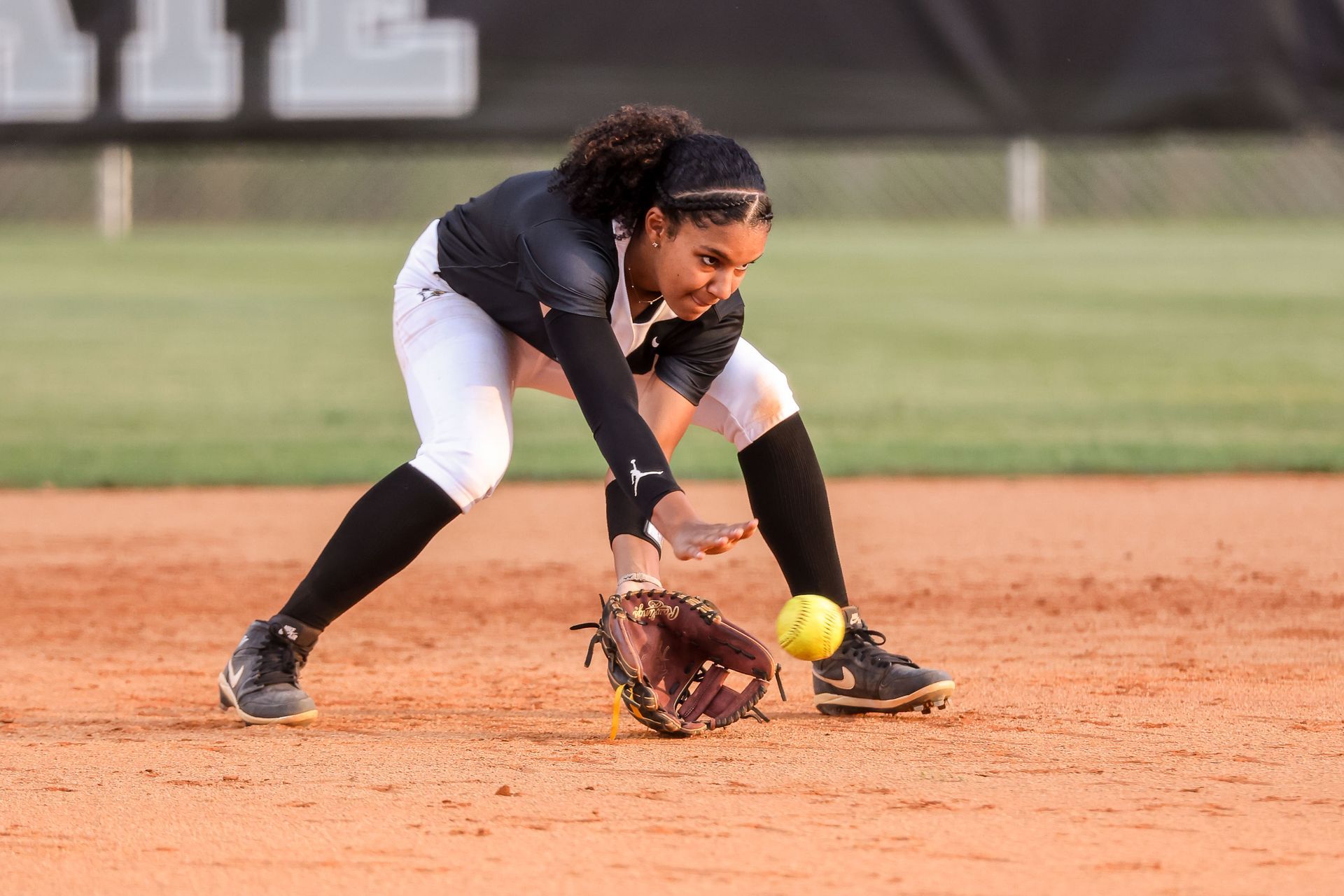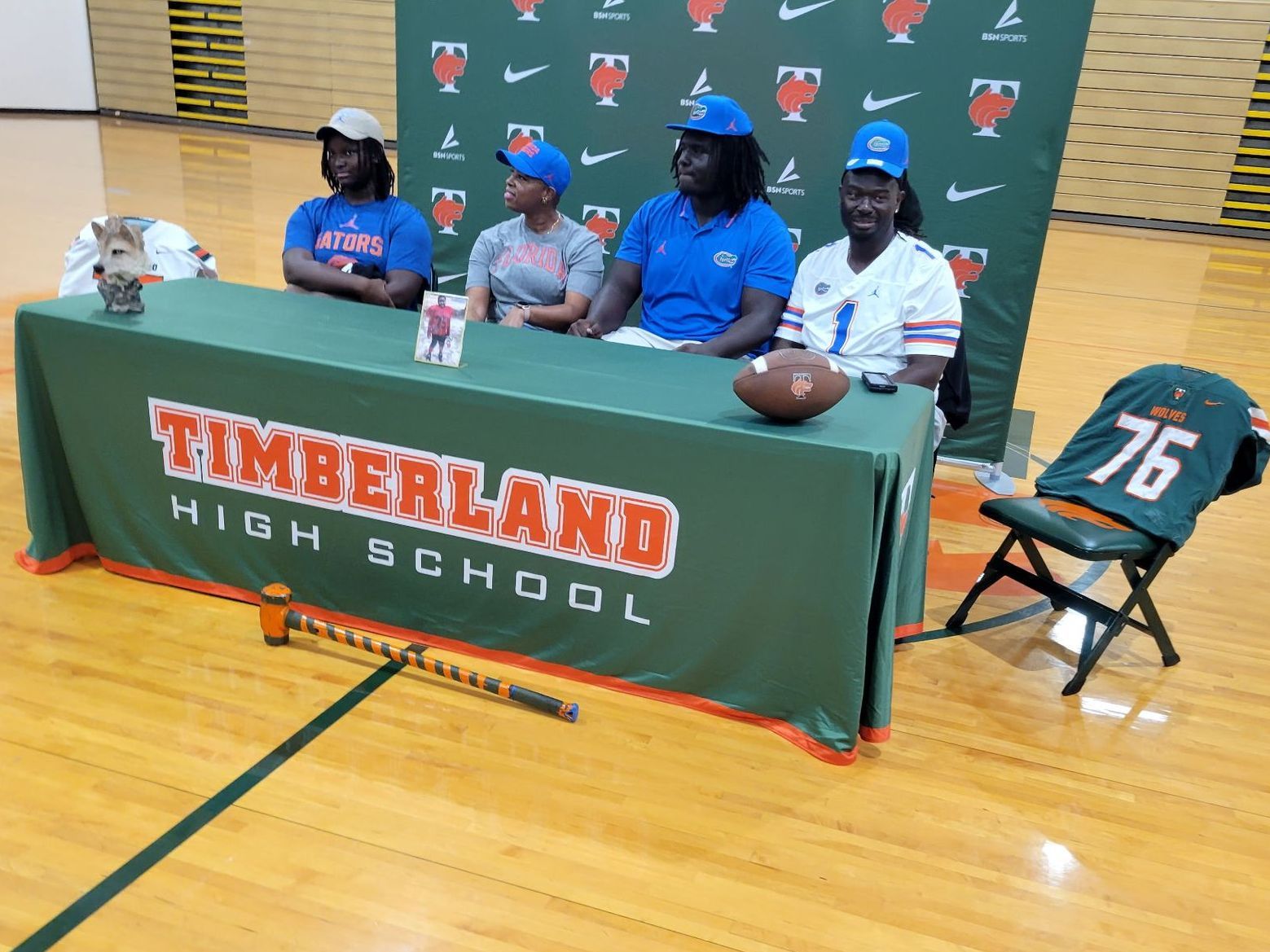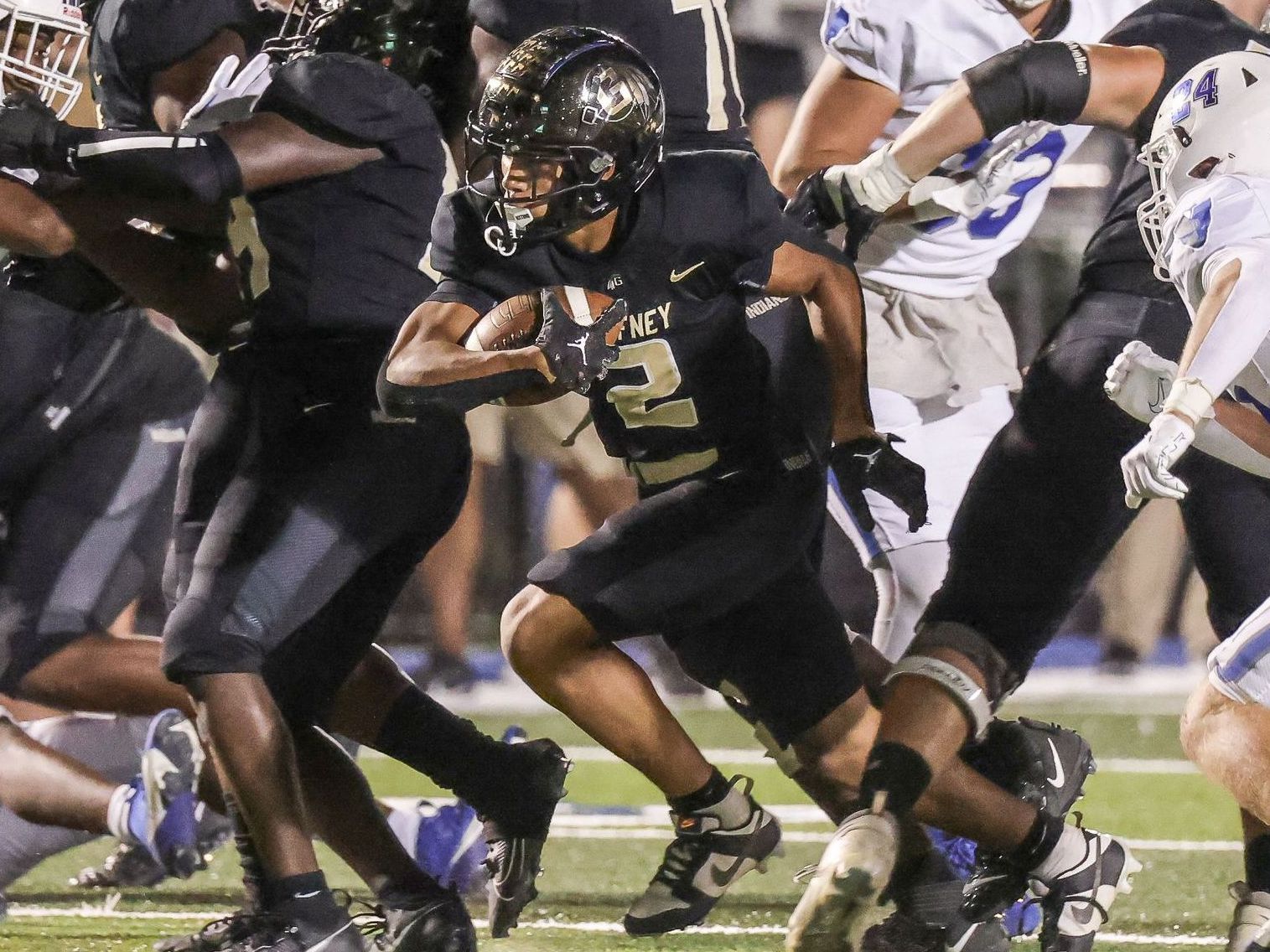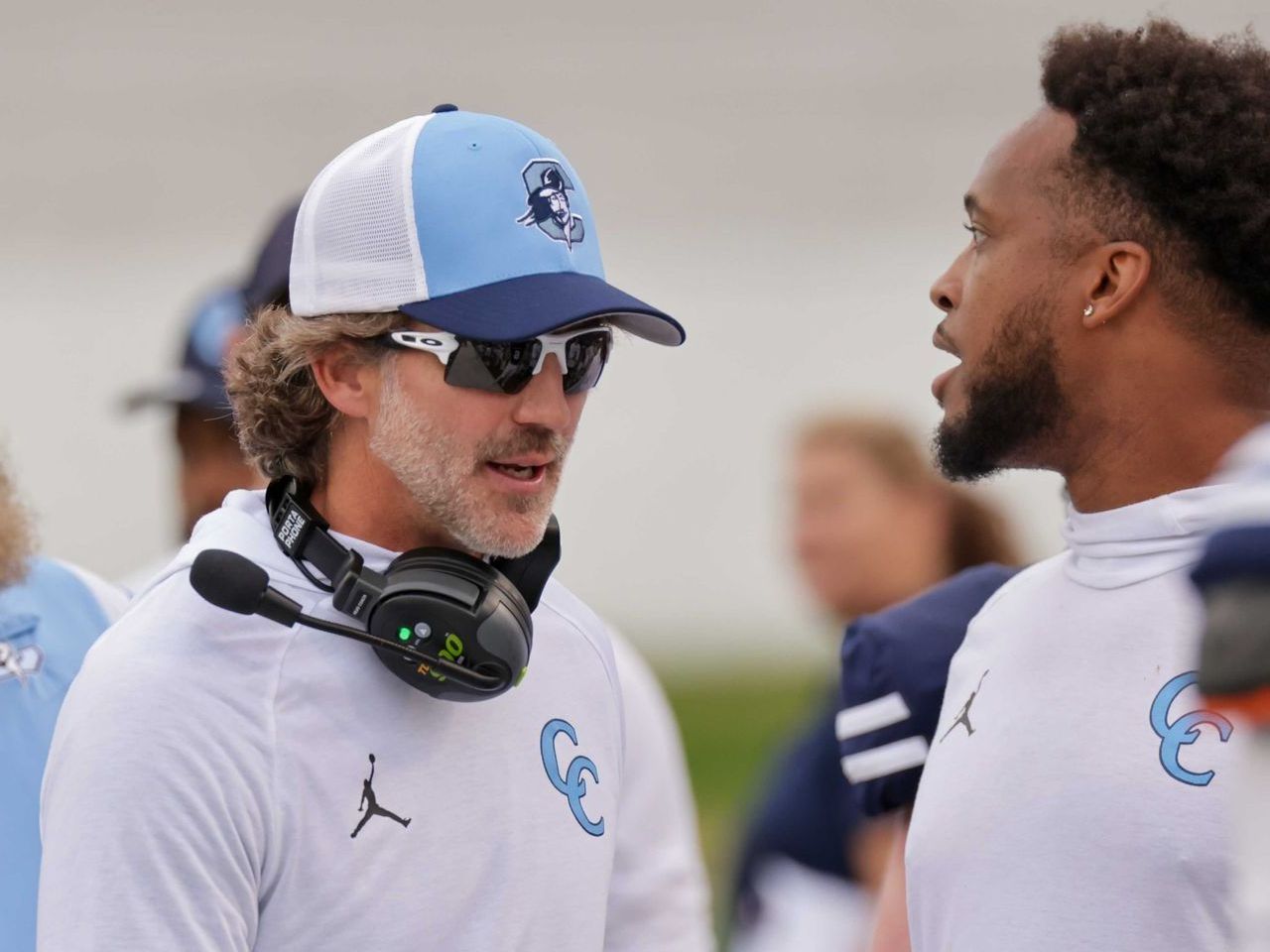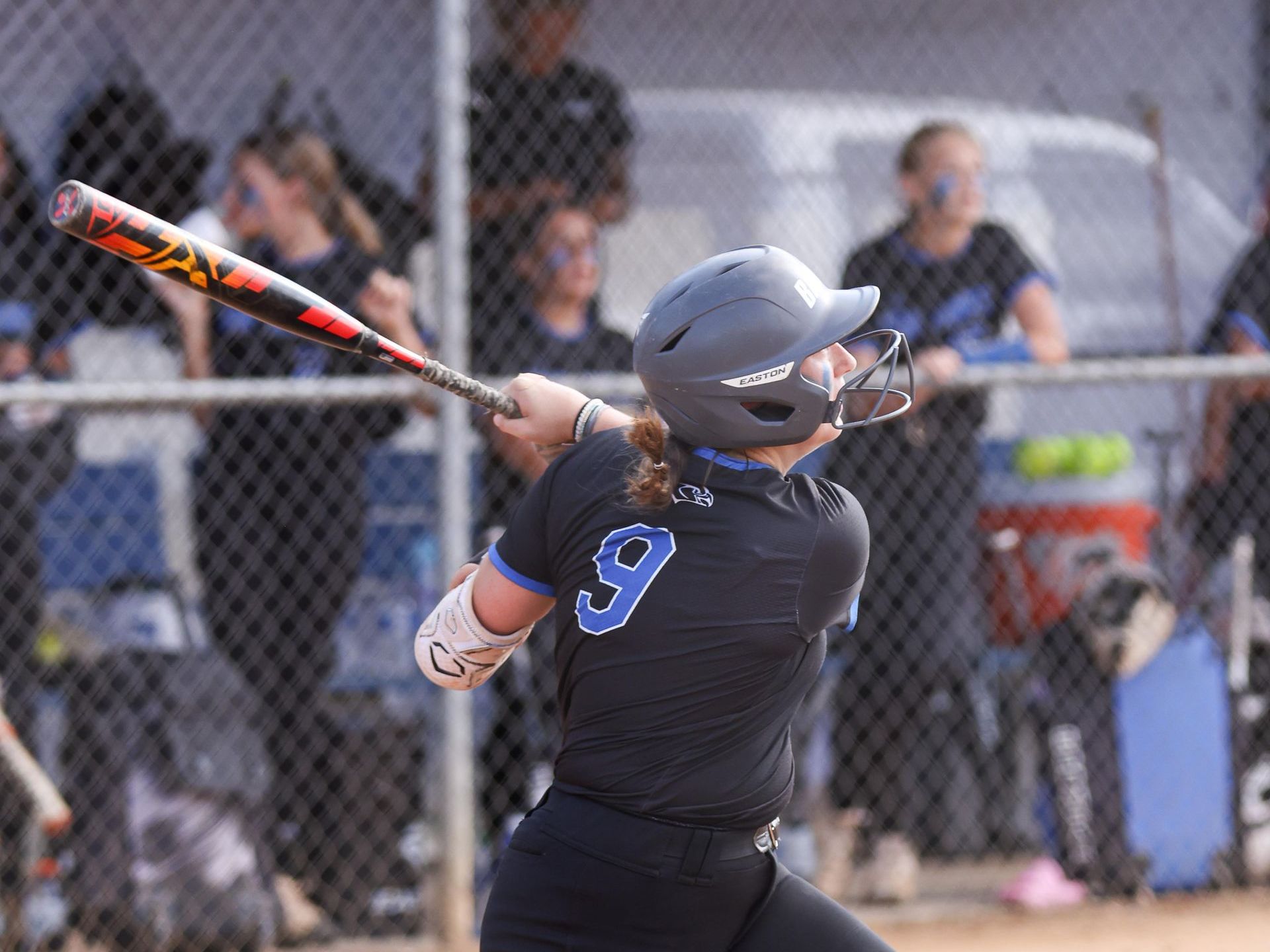HSSR publisher comments on Summerville forfeit to Ashley Ridge In finale of AAAAA baseball lower state championship tournament
Summerville loses on forfeit over pitch-count rule violation
Moncks Corner —After receiving numerous telephone calls today -- May, 17 -- about the forfeit awarded to Ashley Ridge High School over Summerville in the finale of the AAAAA baseball lower state tournament on Thursday, I would like to point out some conflicts that disturb me when it comes to recent rule changes from the South Carolina Baseball Coaches Association (SCBCA).
Last summer, the SCBCA approved a new pitch-count rule -- assuming a quorum of head coaches existed at the meeting where the rule change was voted on, not including volunteer coaches also in the meeting -- that apparently was not understood by the head coach of Summerville. The rule made it illegal for any varsity pitcher to throw more than 75 pitches on consecutive days of competition. If said pitcher threw rom one to 30 pitches the day before, he was limited to a total of no more than 75 if he pitched the next day.
The Summerville pitcher, according to GameChanger, delivered three pitches on Wednesday in a closing role in a game his team lost. Bad weather led to the postponement of a second game that was supposed to have been played after the first game concluded. On Thursday, the same pitcher tossed 83 pitches, thus violating the new rule. Summerville had rallied from a 4-0 deficit to win the game 6-4 on the scoreboard. Moments after the Green Wave celebrated at the mound, the Ashley Ridge athletic director approached game officials and asked for the forfeit, due to the pitch-count violation. They had already discussed the pitch-count rule with the officials at some point earlier in the game, but the information was not shared -- even if it needed to be shared -- with Summerville.
At this point, it is unclear if the South Carolina High School League or the state Appellate Panel will get involved. The AAAAA state baseball championship series is scheduled to start on Saturday.
Now here is my real problem, and this should be very concerning to everyone who follows high school baseball in the state of South Carolina. The very organization that put in this new rule last summer during the annual South Carolina Coaches Clinic also in recent years, voted to change the format of the state baseball championship series to give those teams with one big time stud pitcher all the advantages they would need to win a state title should they be involved in a best-of-3 series that gets extended to a third game played at a neutral site. Softball, on the other hand, plays a Monday-Wednesday-Friday (if needed) state championship series. The SCBCA changed its format to a Saturday-Tuesday-Saturday format, favoring any team with a stud pitcher! This stud pitcher would now be allowed to pitch up to 110 pitches in Game 1, rest five calendar days, then come back seven days later and pitch another 110 pitches. If the series is played over a 5-day period like softballl q stud pitcher would not assume such a valuable role.
My point here is that you are “super restrictive” with the consecutive day pitch-count rule and “super liberal” with your 7-day playoff series for baseball by moving away from the
traditional 5-day plan. I think at the annual SCBCA meeting at the Coaches Clinic this summer one of these situations has to go! You can’t be so favorable to a stud pitcher in one situation, and so restrictive to the same pitcher if he pitches three pitches in one game and 83 pitches the next day. No question Summerville violated the new pitch-count rule versus Ashley Ridge, but was this new rule properly communicated to those head coaches who were not in the meeting when the new rule was voted in? It seems to me that the very coaches concerned with any pitcher being overused over a 2-day period will now reconsider what they created when they changed the state championship series to a 7-day format. I personally think it is unfair to those teams that only have one “next level type pitcher” on their team.
I can’t wait to see what other rule changes the SCBCA might take up at this summer’s
Coaches Clinic meeting. I predict we will have a record number of head baseball coaches in attendance,
Also consider this: At what point do National Federation Rules negate state-by-state rules
for prep athletic teams? Never or always are the choices.
One other major point: If an opposing team points out its intent to protest the game,
should a certain violation occur by the other team; does the umpire have a moral obligation to inform the other team about what might happen if that event raised by its opponent indeed does happen?
